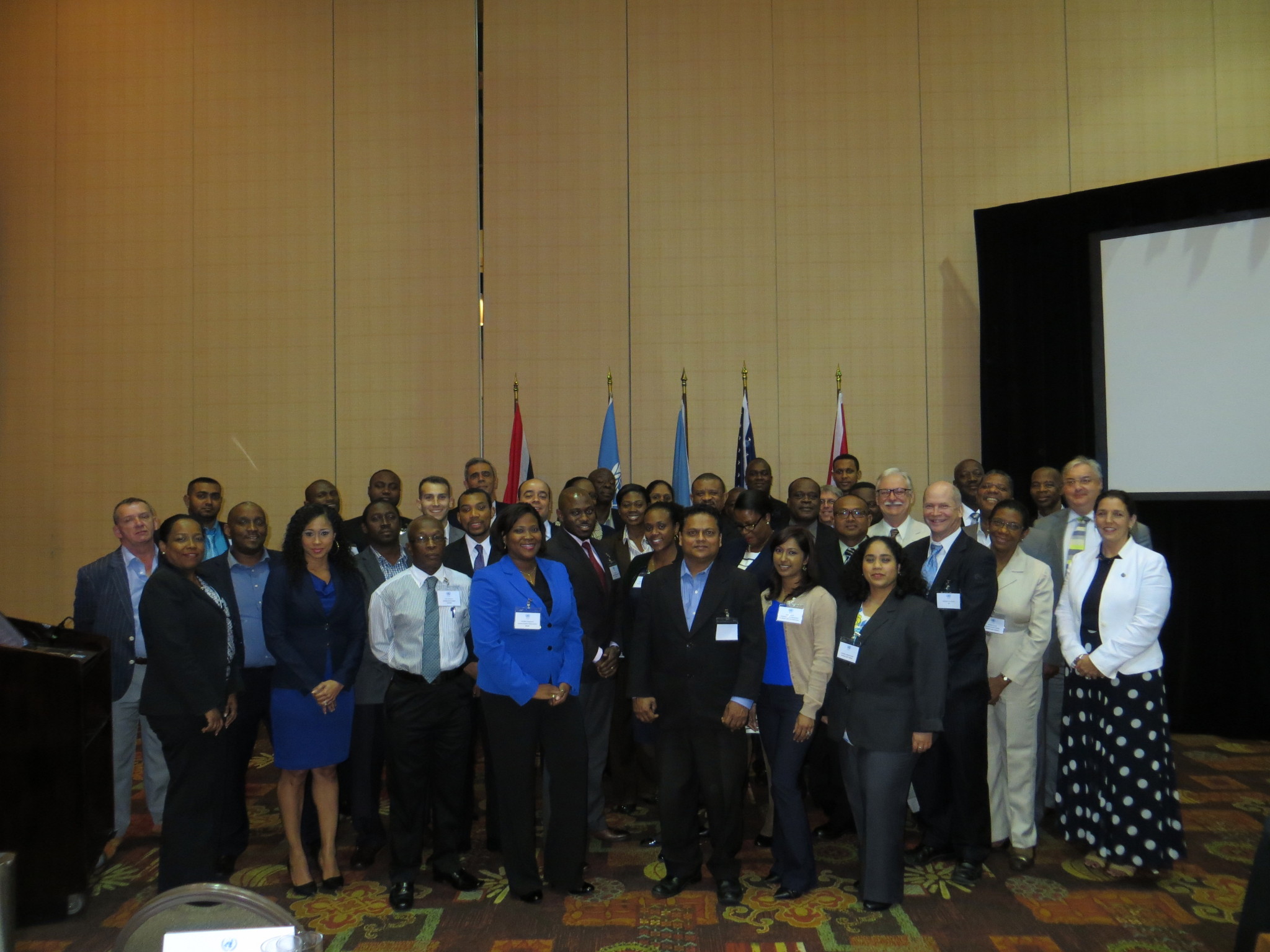SIPRI Research Assistant Alfredo Malaret participated in the event 'Caribbean Encounter on Forensic Ballistics' held in Trinidad and Tobago on 5–6 December.
The conference focused on a range of issues, including public security in the Caribbean, the role of forensic ballistics strengthening the rule of law, firearms tracing, firearms evidence management, information sharing networks and illicit trafficking and border controls challenges faced by Caribbean States.
The event was organized by the United Nations Regional Center for Peace, Disarmament and Development in Latin America and the Caribbean (UNLIREC) in cooperation with the Caribbean Community Implementation Agency for Crime and Security (CARICOM IMPACS) with the support of the government of Trinidad and Tobago.

Government representatives from Antigua and Barbuda, Bahamas, Barbados, Cayman Islands, Belize, Dominica, Grenada, Guyana, Jamaica, Saint Kitts and Nevis, Saint Lucia, Saint Vincent and the Grenadines, Suriname and Trinidad and Tobago attended the conference. There were also participants from INTERPOL, CARICOM IMPACS, UNLIREC, the US Bureau of Alcohol, Tobacco, Firearms and Explosives (ATF) and private industry experts from the Dominican Republic, who shared their experience.
Throughout the two-day event, Alfredo demonstrated the online database Mapping ATT-relevant Cooperation and Assistance activities. The database is designed to help States and other stakeholders build upon past work and support the Arms Trade Treaty (ATT) Secretariat to perform ‘the matching of offers and requests for assistance for Treaty implementation’ called for under article 18.3(c). Alfredo reviewed the ongoing expansion of the database to cover Latin America and the Caribbean, which is currently being carried out by SIPRI and UNLIREC with funding from the UN Trust Facility Supporting Cooperation on Arms Regulation (UNSCAR).